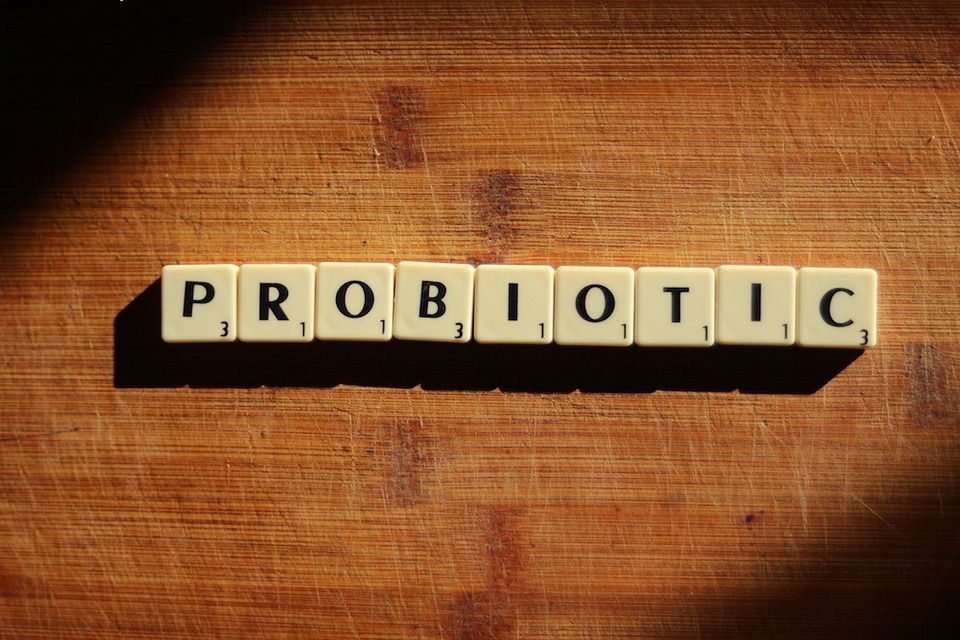Eczema is a common skin condition that causes red, itchy, and inflamed patches of skin. While there are many treatments available, emerging research suggests that probiotics, which are live microorganisms that are beneficial for our health, may offer a natural and effective way to alleviate eczema symptoms. In this blog, we’ll explore the connection between probiotics and eczema, the potential benefits of incorporating probiotics into your routine, and how to choose the right probiotic for your needs.
Understanding Eczema
Eczema, also known as atopic dermatitis, is a chronic inflammatory skin condition that affects people of all ages. It is characterized by red, itchy, and inflamed patches of skin, which can be triggered by a range of factors, including stress, allergies, and environmental irritants.
There are many treatments available for eczema, including topical creams, oral medications, and lifestyle changes. However, some people may prefer to explore natural and alternative treatments, such as probiotics.
How Probiotics Can Alleviate Eczema Symptoms
Probiotics can help alleviate eczema symptoms by improving gut health and modulating the immune system. Studies have shown that probiotics can:
- Reduce inflammation in the body, which can contribute to eczema symptoms
- Improve gut barrier function, which can prevent the entry of harmful substances into the bloodstream and reduce systemic inflammation
- Modulate the immune system by regulating the production of cytokines and other immune cells
- Improve nutrient absorption and metabolism, which can support overall skin health and function
In addition, probiotics can help address other health issues that can contribute to eczema symptoms, such as digestive issues and food allergies.
Choosing the Right Probiotic for Eczema
When choosing a probiotic supplement for eczema, look for one that contains strains that have been shown to be effective, such as Lactobacillus rhamnosus GG, Bifidobacterium lactis, and Lactobacillus acidophilus. It’s also important to choose a supplement that contains a high number of colony-forming units (CFUs) and to follow the recommended dosage on the label.
In addition to probiotic supplements, you can also get probiotics from fermented foods, such as yogurt, kefir, kimchi, sauerkraut, and kombucha. However, it can be difficult to get a consistent dose of probiotics from fermented foods, so probiotic supplements may be a more practical option.
Other Strategies for Alleviating Eczema Symptoms
While probiotics can be an effective way to alleviate eczema symptoms, there are other strategies that can also help. These include:
- Using gentle and fragrance-free skin care products
- Avoiding triggers, such as certain fabrics, soaps, and detergents
- Moisturizing the skin regularly to prevent dryness and itching
- Managing stress through relaxation techniques, such as meditation or deep breathing exercises
- Getting enough sleep, which is essential for skin health and overall well-being
Conclusion
Eczema can be a frustrating and uncomfortable condition to manage, but there are many treatments available, including probiotics. Probiotics offer a natural and effective way to alleviate eczema symptoms by improving gut health and modulating the immune system. When choosing a probiotic supplement for eczema, look for one that contains strains that have been shown to be effective, such as Lactobacillus rhamnosus GG, Bifidobacterium lactis, and Lactobacillus acidophilus. By incorporating probiotics and other eczema-alleviating strategies into your routine, you can calm and clear your skin, and enjoy a better quality of life.







